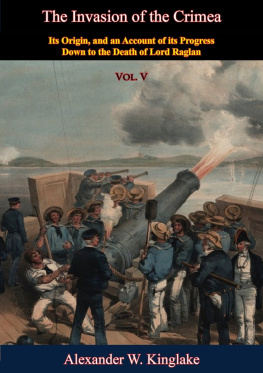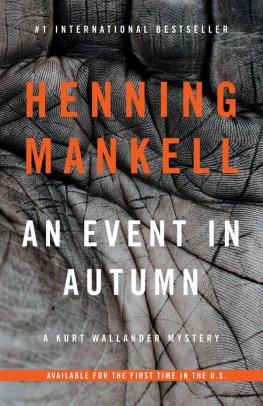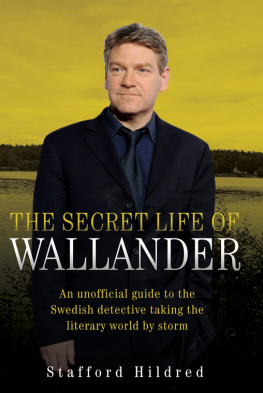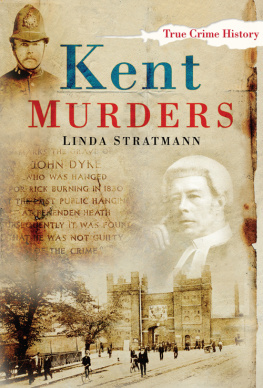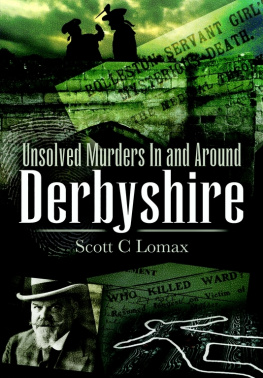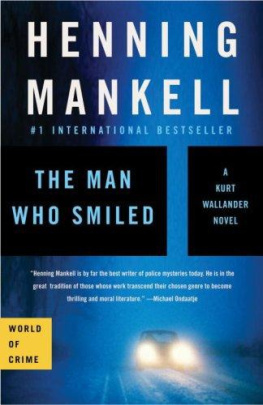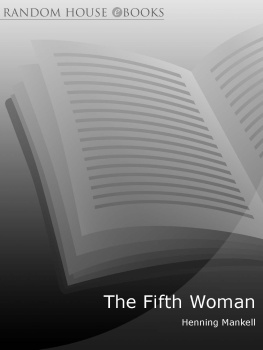

This edition is published by PICKLE PARTNERS PUBLISHINGwww.pp-publishing.com
To join our mailing list for new titles or for issues with our bookspicklepublishing@gmail.com
Or on Facebook
Text originally published in 1877 under the same title.
Pickle Partners Publishing 2016, all rights reserved. No part of this publication may be reproduced, stored in a retrieval system or transmitted by any means, electrical, mechanical or otherwise without the written permission of the copyright holder.
Publishers Note
Although in most cases we have retained the Authors original spelling and grammar to authentically reproduce the work of the Author and the original intent of such material, some additional notes and clarifications have been added for the modern readers benefit.
We have also made every effort to include all maps and illustrations of the original edition the limitations of formatting do not allow of including larger maps, we will upload as many of these maps as possible.
THE INVASION OF THE CRIMEA:
ITS ORIGIN, AND AN ACCOUNT OF ITS PROGRESS DOWN TO THE DEATH OF LORD RAGLAN
BY
A. W. KINGLAKE
SIXTH EDITION
VOL. V
TABLE OF CONTENTS.
Contents
AUTHORS NOTE.
* * * THE foregoing title-page has been kept in conformity with those prefixed to the earlier portions of the work; and it therefore may be right to say that the narrative contained in this volume isnot in its Sixth, butonly in its Fourth Edition.
A. W. K.
May 1877.
LIST OF ILLUSTRATIONS TO VOL. V.
PLATE I.GENERAL PLAN OF THE BATTLE OF BALACLAVA-ADVANCE OF THE RUSSIAN CAVALRY,
PLATE II.ORDER OF MARCH OF THE SIX SQUADRONS SENT GENERAL SCARLETT WHEN APPROACH OF RUSSIAN CAVALRY WAS OBSERVED,
PLATE III.THE HEAVY CAVALRY CHARGE,
PLATE IV.FACSIMILE OF LORD CARDIGANS PLAN,
PLATE V.THE LIGHT CAVALRY CHARGE,
PLATE VI.THE LIGHT CAVALRY ATTACK,
PLATE VII.DE TODLEBENS PLAN OF THE ROUT OF THE RUSSIAN CAVALRY,
PLATE VIII.THE 8 TH HUSSARS CHARGING THREE SQUADRONS OF JEROPKINES LANCERS,
PLATE IX.4 TH LIGHT DRAGOONS AND 11 TH LANCERS RETREATING ACROSS FRONT OF JEROPKINES LANCERS,
PLATE X.COMBAT OF THE LESSER INKERMAN,
THE BATTLE OF BALACLAVA.
CHAPTER I.
I. The task of selecting English generals of cavalry,Choice made by the Government,Lord Lucan,Lord Cardigan,Lord Lucan and Lord Cardigan regarded conjointly,Lord Cardigans attitude of antagonism to Lord Lucan,His complaints,Lord Raglans severe answer to them,Lord Raglans appeal to the good feelings of Lord Lucan and Lord Cardigan,What made it possible for the Government to do as it did.
BEFORE entering upon the narrative of a battle in which the English division of horse took a principal part, it seems right to speak of the selections that were made by our governing authorities when they undertook to name the general officers who were to be entrusted with cavalry commands in the army despatched to the East. If a minister were unhappily forced to cast his eyes over a crowd of officers who had none of them rendered war service, and to try to draw out from among them the three or four gifted men who could best be entrusted to act in the field as generals of cavalry, it would be senseless to blame him for failing in so hard a task; but when it so happens that within recent years the State has carried on war, there surely is one test of fitness which has such paramount value, that the neglect to apply it can hardly he deserving of pardon, or even, we would say, of indulgence: Has the officer whose name is submitted done recent service in the field? Has his service been brilliant? Has he shown his prowess in action as a cavalry officer? Has he in any rank, however humble, taken part in cavalry fights? Is he of the age for a cavalry man? Is he either under thirty-five, or else a man so fresh come from the performance of cavalry feats that the question of age may be waived? If the minister finds that all these questions must be answered in the negative by a portion of the candidates, whilst others can answer affirmatively, it would surely appear to follow that he has already effected some progress towards a selection of the right names, because he can thenceforth confine his investigation to the merits of those officers who have served in the field, and eliminate those who have not. To our own countrymen, more especially, the principle might be expected to recommend itself, because it so happened that, notwithstanding the long duration of the peace which had been existing between the great Powers of Europe, England bad a superb list of cavalry officers in the early prime of life who had done brilliant service in the field.
Well, elimination proceededa choice was made; but it was with an actually inverting effect that these operations took place. Incredible as it may seem, it is nevertheless true that, in nominating general officers for cavalry commands in the East, the names of the men who had done service in the field were all set aside, and that from the peace-service residue exclusively the appointments in question were made.
The officer entrusted with the charge of our cavalry division was Lord Lucan. To his want of experience in the field there was added the drawback of age; for he had attained to a period of life at which no man altogether unused to war service could be expected to burst into fame as a successful cavalry general; but by nature Lord Lucan was gifted with some at least of the qualities essential for high command; and his fifty-four years, after all, however surely they may have extinguished the happy impulsiveness which is needed for a wielder of the cavalry arm, can hardly be said to have impaired his efficiency in the general business of a commander. He enjoyed perfect health; he saw like a hawk; and he retained such extraordinary activity of both body and mind, that perhaps the mention of his actual age makes it really more difficult than it might otherwise be to convey an idea of the tall, lithe, slender, and young-looking officer, pursuing his task of commander with a kind of fierce, tearing energy, and expressing by a movement of feature somewhat rare among Englishmen the intensity with which his mind worked. At every fresh access of strenuousness, and especially at the moments preceding strenuous speech, his face all at once used to light up with a glittering, panther-like aspect, resulting from the sudden fire of the eye, and the sudden disclosure of the teeth, white, even, and clenched.
At an early period of his life, and whilst still almost a boy, he had the honour to be encouraged in his career by the Duke of Wellington, and even to receive words of counsel and guidance from the lips of the great captain. In later years, he had had the spirit and enterprise to join the Russian army whilst engaged in military operations, thus giving himself the advantage of seeing a campaign; and I cannot but believe that the time thus spent was more conducing to warlike efficiency than many a diligent year employed in peace service at home. Independently of the general advantage derived from a glimpse of reality, Lord Lucan gathered from his experience of that campaign on the Danube some knowledge of a more special kind in regard to Russian troops; and there is reason for inferring that his mode of handling the English cavalry in the Crimea was in some measure influenced by the impressions of his earlier days. A quarter of a century before, he had come back from the Danube campaign with a low opinion of the Russian cavalry, but with a high respect for the infantrymore especially, it seems, for the infantry when gathered in heavy column; and he not only carried those-opinions with him to the Crimea, but continued, when there, to hold them unchanged, and even, perhapsthough unconsciouslyto make them the basis of his resolves.
Next page
